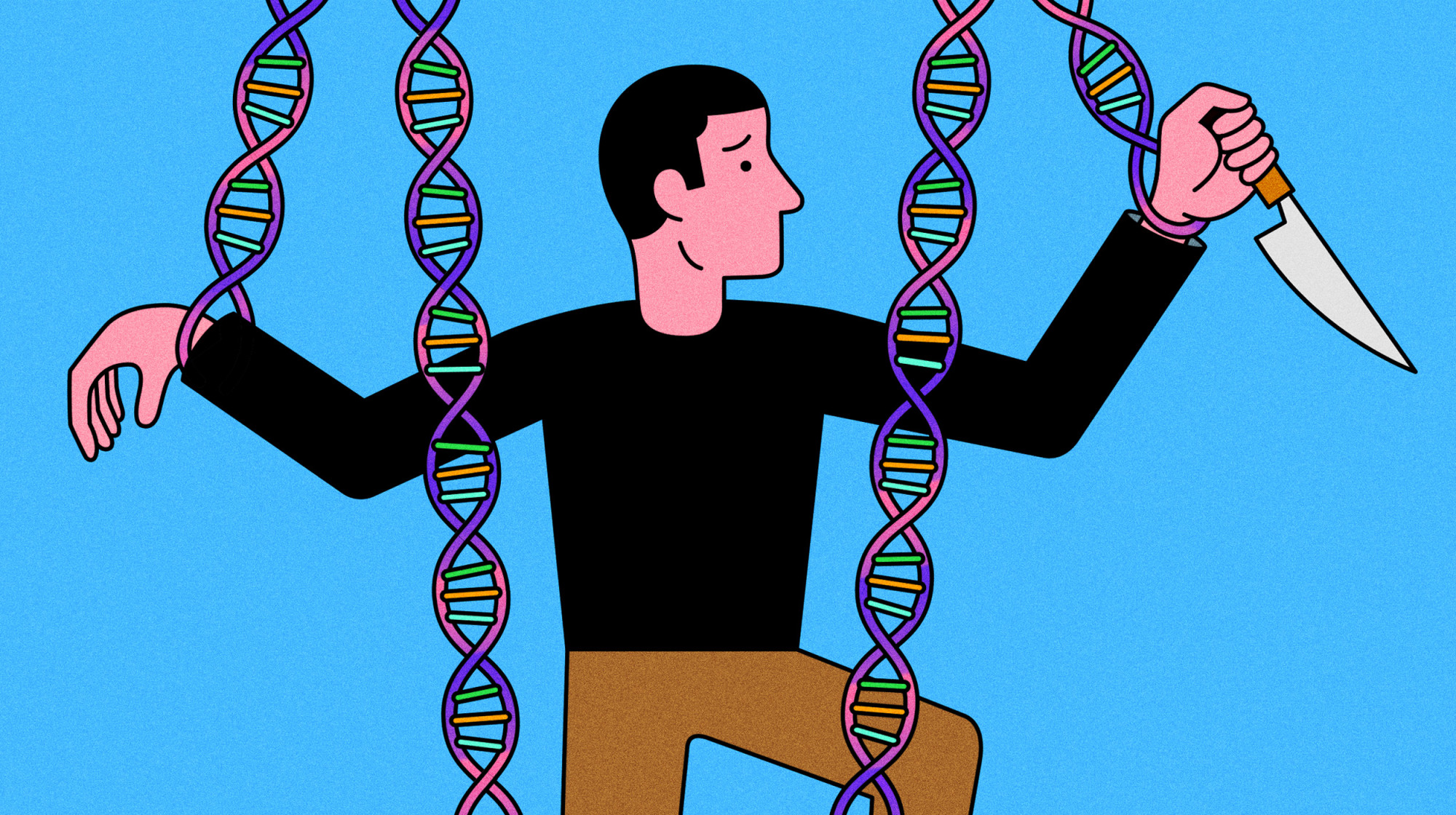
In a deeply divided decision of 5-4, = the WA Supreme Court held in State v. Clark that the defendant’s Diminished Capacity defense was properly excluded at trial, even though lay witnesses could testify that the defendant was “slow,” participated in special education, and received Social Security disability benefits.
The defendant Anthony Clark killed the victim, D.D., with a single gunshot to the back of his head. D.D.’s body was found in a garbage can behind the triplex apartment building where Clark lived. There were no eyewitnesses to the shooting other than Clark himself. The State theorized that Clark killed D.D. with premeditation in order to steal D.D.’s gun and cocaine. Clark contended the shooting was an accident. The primary disputed issue was thus Clark’s level of intent.
CHARGES
Clark was charged with premeditated first degree murder, first degree felony murder, first degree robbery, unlawful possession of a controlled substance with intent to deliver, and second degree unlawful possession of a firearm. Clark pleaded not guilty on all counts.
PROCEDURAL HISTORY
Before trial, the defense moved to suppress statements Clark made to police after the shooting, contending that he did not validly waive his Miranda rights before speaking to police. To support its motion, the defense offered an expert evaluation from a doctor. At the suppression hearing, Dr. Oneal testified that Clark scored in the bottom first to third percentile in standardized intelligence tests. The court found that Dr. Oneal was a credible witness but denied Clark’s motion to suppress.
The State then moved to exclude testimony about Clark’s “intellectual deficits” for trial purposes. However, Clark argued that the doctor’s testimony was admissible for three purposes: (1) to help the jury understand Clark’s affect during testimony, (2) to explain why Clark does not work, and (3) to contest the State’s evidence of intent.
The court granted the State’s motion in part and excluded the doctor’s expert testimony because, in light of the fact that Clark specifically disavowed any intention to argue diminished capacity, expert testimony on Clark’s intellectual deficits would be irrelevant and confusing to the jury. It did, however, allow for relevant observation testimony bearing on Clark’s intellectual deficits, including his participation in special education, his receipt of Social Security disability benefits, and “that people who knew him considered him slow or tended to discount his testimony.”
JURY TRIAL
At trial, the defense renewed its request to admit the doctor’s expert testimony; arguing that the testimony was necessary to rebut the State’s evidence of intent and to explain Clark’s affect when he testified. Nevertheless, the defense consistently maintained that it was not asserting diminished capacity. The court adhered to its ruling excluding the doctor’s testimony and reminded counsel that relevant observation testimony by lay witnesses was admissible.
The defense brought testimony that Clark had been in special education, had an individualized education plan, and received Social Security disability benefits. It relied on this evidence in its closing argument, emphasizing that Clark was “not your average 20 year old” and arguing that in light of Clark’s actual intellectual abilities, the State had not proved intent to commit murder.
Clark was convicted of premeditated first degree murder as charged, as well as all the other charged counts.
ISSUES ON APPEAL
- Did the trial court properly exclude expert testimony regarding Clark’s intellectual deficits?
- Was trial counsel ineffective for failing to object when the State informed prospective jurors that it was not seeking the death penalty?
- Did cumulative error deprive Clark of his right to a fair trial?
ANALYSIS
1. The Court Properly Excluded Expert Testimony of Diminished Capacity Evidence.
The Court gave background that under ER 702, expert testimony is admissible “if scientific, technical, or other specialized knowledge will assist the trier of fact to understand the evidence or to determine a fact in issue.” It also reasoned that diminished capacity “allows a defendant to undermine a specific element of the offense, a culpable mental state, by showing that a given mental disorder had a specific effect by which his ability to entertain that mental state was diminished.” Also, the intent to assert diminished capacity must be declared before trial. Pretrial disclosure is required because when asserting diminished capacity, the defense must obtain a corroborating expert opinion and disclose that evidence to the prosecution pretrial, giving the State a reasonable opportunity to decide whether to obtain its own evaluation depending on the strength of the defense’s showing,” citing CrR 4.7(b).
Ultimately, the Court rejected Clark’s arguments that his doctor’s expert testimony should have been admitted for the purpose of rebutting the State’s evidence of intent.
“However, expert opinion testimony that a defendant has a mental disorder that impaired the defendant’s ability to form a culpable mental state is, by definition, evidence of diminished capacity. And where, as here, the defense does not plead diminished capacity, such testimony is properly excluded.”
Additionally, the Court rejected Clark’s arguments that his doctor’s testimony should have been admitted for the purpose of explaining Clark’s unusually flat affect while testifying:
“The jury had the ability to evaluate Clark’s affect to the same extent it had the ability to evaluate the affect of every testifying witness, and Clark has not shown that Dr. Oneal’s expert testimony would have been helpful for that purpose.”
2. Defense Counsel Was Not Ineffective for Failing to Object When the State Informed Prospective Jurors It Was Not Seeking the Death Penalty.
The Court gave background that in order to prevail on a claim of ineffective assistance of counsel, a defendant must show that trial counsel’s performance was “deficient,” and that, “but for counsel’s deficient performance, there is a ‘reasonable probability’ that the outcome would have been different.”
Here, the Court reasoned there was no indication that the jury disregarded its instructions or paid less attention to the evidence presented throughout Clark’s trial because it was told that the death penalty was not at issue. Additionally, there was also no reason to believe that a contemporaneous objection by defense counsel would have reduced any potential for prejudice more than the court’s proper, written instructions did. “We thus hold that Clark has not carried his burden of showing prejudice and therefore has not established ineffective assistance of counsel.”
3. Cumulative Error Did Not Deprive Clark of His Right to a Fair Trial.
The Court reasoned Clark does not show any error, so the cumulative error doctrine does not apply.
CONCLUSION.
The Court concluded that Clark’s defense consisted of diminished capacity evidence. With that, the trial court properly excluded expert testimony from Clark’s doctor because Clark did not assert or plead diminished capacity or show that his doctor’s testimony was otherwise relevant. Moreover, the court properly allowed relevant observation testimony, which the defense relied on in its attempt to rebut the State’s evidence of intent. The Court affirmed his conviction.
THE DISSENT.
The dissenting judges reasoned that the trial court admitted certain lay observation testimony supporting the defense, but excluded the more neutral and more persuasive medical expert testimony supporting the same defense theory. It also reasoned that the majority judges wrongfully equated all expert testimony about intellectual deficits with a diminished capacity defense. Additionally, the dissenting judges reasoned that by excluding defense evidence that could rebut the State’s evidence of intent, the trial court violated Clark’s constitutional right to present a defense. Finally, the dissenters reasoned that the exclusion of expert testimony on Clark’s mild mental retardation was not harmless error:
“To rebut the State’s evidence that he was a cold, calculated killer, Clark offered lay and expert testimony about how he was slow and did not process information the way other people his age did. But the trial court excluded most of it. It barred all testimony from Dr. Oneal about Clark’s substantial intellectual deficits. 6 Dr. Oneal would have testified, based on his personal testing and evaluation of Clark, that Clark was born prematurely and with significant developmental delays, was highly suggestible and therefore prone to change his story when pressured, and had a very low IQ score indicating that he had extremely poor perceptional reasoning, working memory, and verbal comprehension skills compared to others his age.”
With that, the dissenting judges held that the trial court improperly excluded evidence of Clark’s intellectual deficits in violation of the Evidence Rules and Clark’s constitutional right to present a defense; and that this error was not harmless.
My opinion? Diminished Capacity is a worthwhile – and difficult – defense to bring forward. Prosecutors consistently try to preclude defense counsel from bringing the defense. Here, it’s too difficult to determine why defense counsel did not assert the defense from the beginning. We’ll never know.
Unfortunately for Mr. Clark, it the majority court believed Mr. Clark did not properly assert the defense. Instead, it allowed Clark to get some evidence of his mental deficits through law witnesses. This is lawful, albeit not enough. A defendant can assert a roundabout defense of diminished capacity through law witness observations. What’s problematic, however, is that law witnesses won’t bring the requisite level of insight that experts bring.
Interesting opinion.
Please contact my office if you, a friend or family member are charged with a crime. Hiring an effective and competent defense attorney is the first and best step toward justice.










